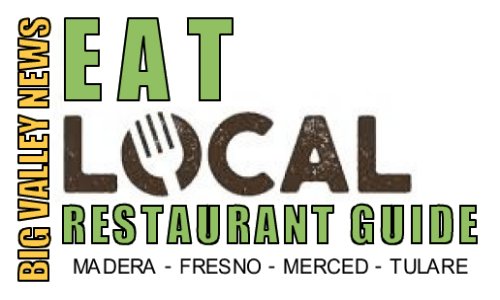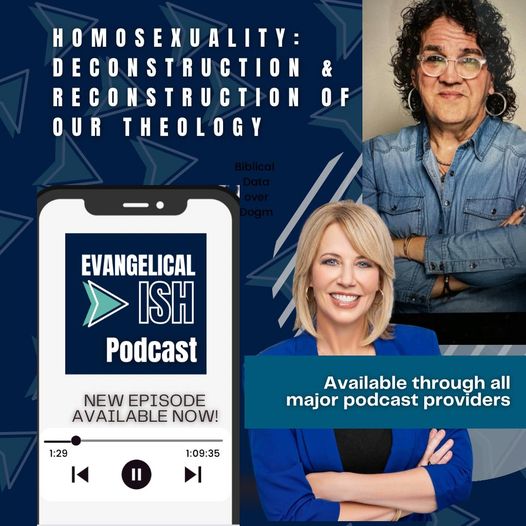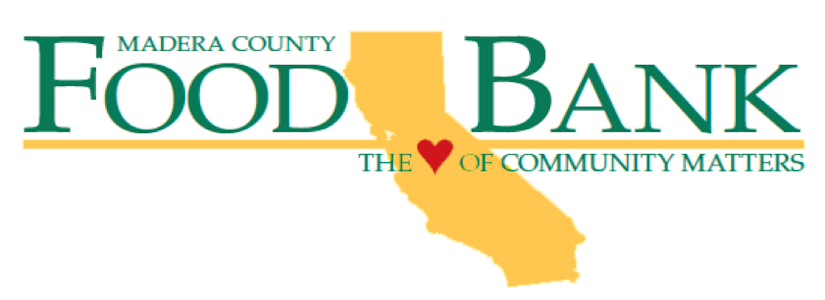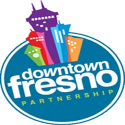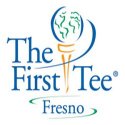 FRESNO – California state law is clear: Secretary of State Alex Padilla has the discretion to take measures to ensure that the Arabic- and Somali-speaking voters of Fresno and San Diego Counties, respectively, can cast their ballots in the November 2020 election. Despite testimony from these communities showing that they have been unable to participate in elections due to language barriers, Secretary Padilla has declined to provide the services that would enable them to make their voices heard this election.
FRESNO – California state law is clear: Secretary of State Alex Padilla has the discretion to take measures to ensure that the Arabic- and Somali-speaking voters of Fresno and San Diego Counties, respectively, can cast their ballots in the November 2020 election. Despite testimony from these communities showing that they have been unable to participate in elections due to language barriers, Secretary Padilla has declined to provide the services that would enable them to make their voices heard this election.
A coalition of organizations dedicated to protecting the civil rights of immigrants—Council on American-Islamic Relations – Central Valley (CAIR) in Fresno, Partnership for the Advancement of New Americans (PANA) in San Diego, and the ACLU Foundation of Northern California (ACLU-NC)—is calling upon Secretary Padilla to provide translated voting materials to these communities, and to make every effort to ensure that they have access to Arabic- and Somali-speaking poll workers in November.
The coalition presented this request to Secretary Padilla’s office by correspondence and through his office’s advisory body, the Language Accessibility Advisory Committee (LAAC). As of today, he has refused to take action on this matter for the upcoming election.
Research conducted by this coalition, in partnership with Berkeley Law’s Election Law Practicum Seminar, demonstrates that Fresno’s Arabic-speaking voters and San Diego’s Somali-speaking voters both want and need language access services in order to exercise their right to vote. The research also shows that a portion of this electorate is disenfranchised because they do not receive necessary language services the coalition has requested from Secretary Padilla.
Both communities have a long-standing presence in California. San Diego County is home to the second-largest Somali population in America, but language barriers contribute to the population’s low rate of voter participation. This has resulted in the Somali community’s inability to influence policy or form relationships with lawmakers or city officials. Fresno is home to approximately 10,000 Arabic speakers, and they are an integral part of the community: many have deep roots in the Central Valley’s agriculture industry. Yet many have been unable to participate in elections because they do not receive the voter materials in their language and thus do not feel like they can make an informed decision on the ballot.
“Our state and local officials must take immediate action to ensure that limited-English proficient immigrant voters are not blocked from participation in elections,” said Christina Fletes-Romo, Voting Rights Attorney at the ACLU-NC. “As John Lewis reminded us, we cannot take our right to participate in democracy for granted. If Secretary Padilla truly believes that access to the vote reflects our highest democratic ideals, he should show us that through his actions: he should provide translated voting materials to these immigrant communities in honor of John Lewis and the passage of the Voting Rights Act, which was approved 55 years ago today.”
“Currently, only one of the 58 counties in California provides services in Arabic. This is unacceptable,” said Sukaina Hussein, Outreach Director at CAIR. “Arabic-speakers have called California home for generations, and even marched alongside Cesar Chavez to demand rights for farmworkers. They are part of the economy in the Central Valley in both urban and rural communities. Despite their contributions, our community in Fresno remains blocked from the services they need to fully engage in our democracy.”
As one member of the Somali community expressed before the LAAC in Sacramento on Aug. 5, “The Somali community in San Diego is often ‘othered’ because we are both Black and Muslim. My community is also heavily policed. Language access services would allow us to take our voice back and speak up about the issues affecting our community by casting votes on these issues.”











